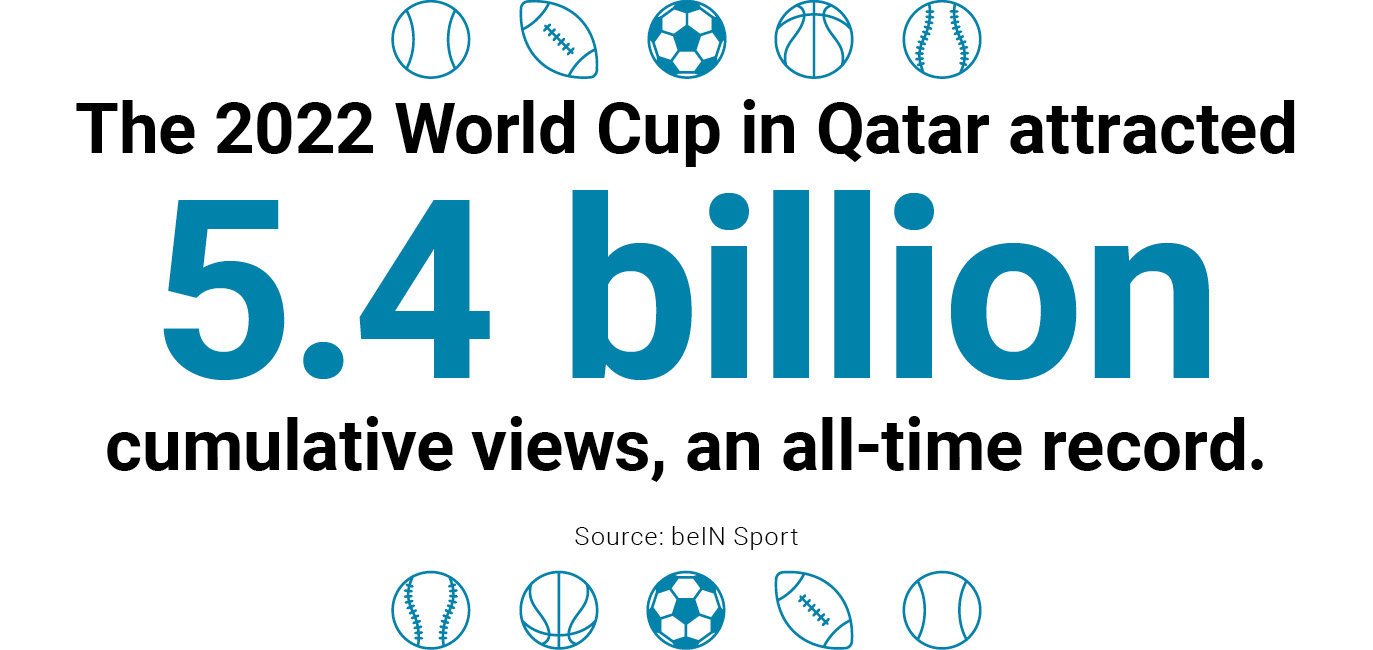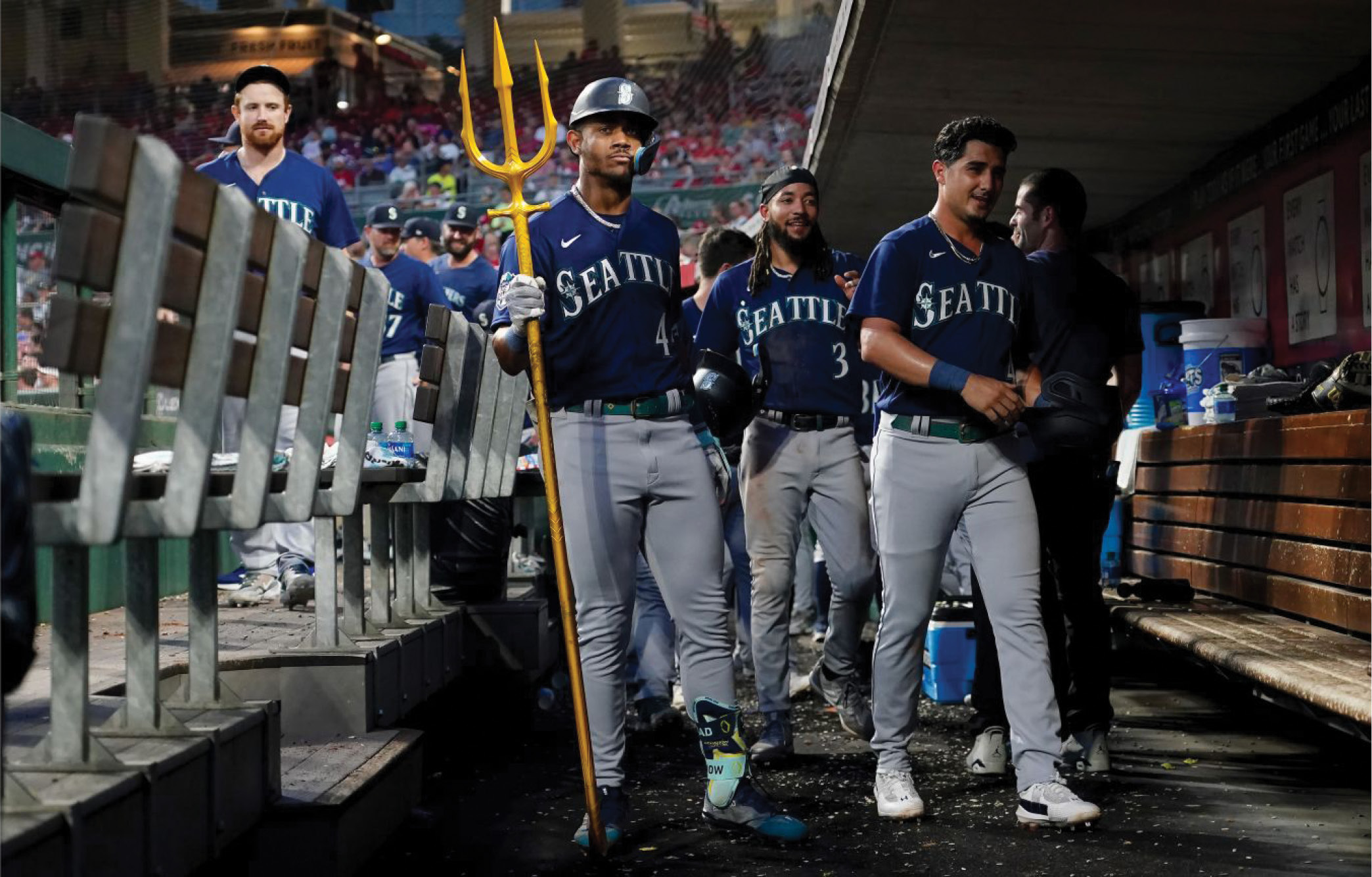When the news came down May 18 that Seattle would officially host the men’s World Cup in 2026, it was the culmination of decades of bold dreams and hard work by everyone who ever participated in sports in the Emerald City.
Many organizations throughout the state of Washington played a significant role in helping Seattle achieve this lofty status: the Seattle Sounders, the Seahawks, the Mariners, the OL Reign, the Washington Huskies, the Washington State Cougars, the Gonzaga Bulldogs, the Kraken — the list goes on and on.
Whatever successes these teams achieved, both on and off the field, contributed to what will transpire in the Coffee Capital of the World when the world’s best soccer players convene in the summer of 2026.
“The minimum audience for a World Cup match is 200 million people,” Peter Tomozawa, CEO of the organizing committee, said on May 18. “The Super Bowl gets 175 million. This is just how massive this is.”
Tomozawa should know. Formerly an executive with the Sounders, Tomozawa knows what it takes to build a winning organization. Four-time winner of the U.S. Open Cup, two-time winner of the Major League Soccer Cup, and the 2022 CONCACAF Champion, the Sounders are the gold standard of professional soccer in North America. And they are not alone.

Sports in Washington are not just a casual pastime or something people like to watch on the weekend. Sports are an integral part of the culture and lifeblood of places like Seattle, Spokane, Everett, Tacoma, Vancouver and beyond.
Many of the greatest legends in the history of American sports competed in a Seattle uniform — from Ken Griffey Jr. and Randy Johnson with the Mariners to Jim Zorn and Russell Wilson with the Seahawks. Other legendary athletes to grace the biggest stages of pro sports in Seattle include Megan Rapinoe, Lenny Wilkins, Sue Bird, Ichiro Suzuki and Clint Dempsey.
Longtime fans of pro basketball will remember legends like Jack Sikma and Freddie Brown of the old Seattle Supersonics, winners of six National Basketball Association division titles, three conference titles and one NBA Championship.
Sikma was one of the most dominant centers of the game from the mid-1970s to the mid-1980s. Brown was basically Steph Curry before Steph Curry. Brown’s shooting range was so long that he earned the nickname “Downtown Freddie Brown” because he could make buckets from virtually anywhere on the court.
Against this backdrop, Seattle will welcome the world to Washington to revel in the pageantry of the Beautiful Game for a month in mid-2026. Adoring legions of fans will travel from all over the planet to attend matches, stay in hotels, dine at restaurants, sightsee and otherwise spend money across the Pacific Northwest during the world’s biggest sporting spectacle.
Seattle will have had plenty of preparation. The city hosted the Major League Baseball All-Star Game this summer and is slated to host the annual National Hockey League Winter Classic on January 1, 2024. Plus, every home game at Lumen Field for the Seahawks and the Sounders is the equivalent of a major international sporting event. Decibel levels regularly top 110, as Seattle sports fans have forged a reputation as the loudest and proudest in America.
It all adds up to what is sure to be a showcase of epic proportions less than three years from now. Just a few years ago, some might have called that a longshot. Downtown Freddie Brown and others like him call it a slam dunk.

